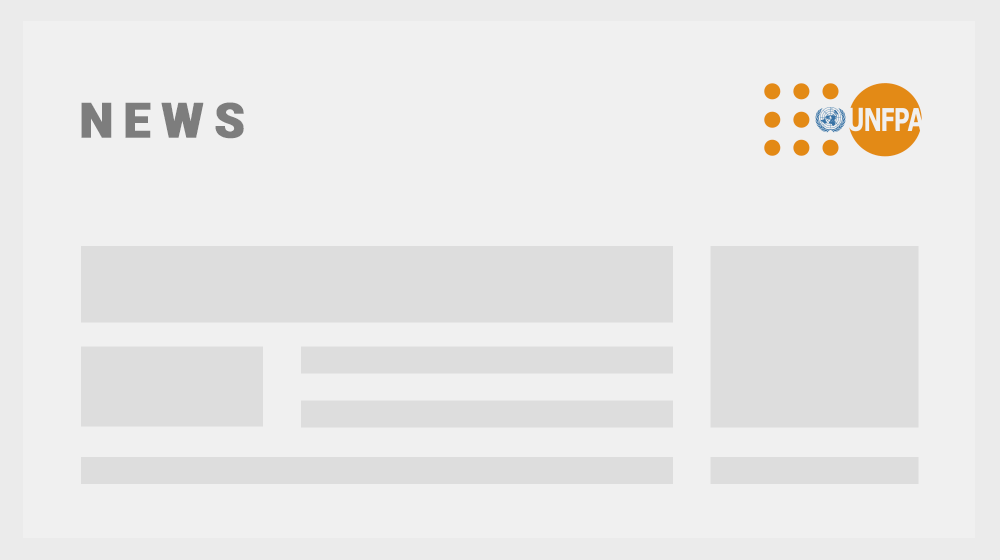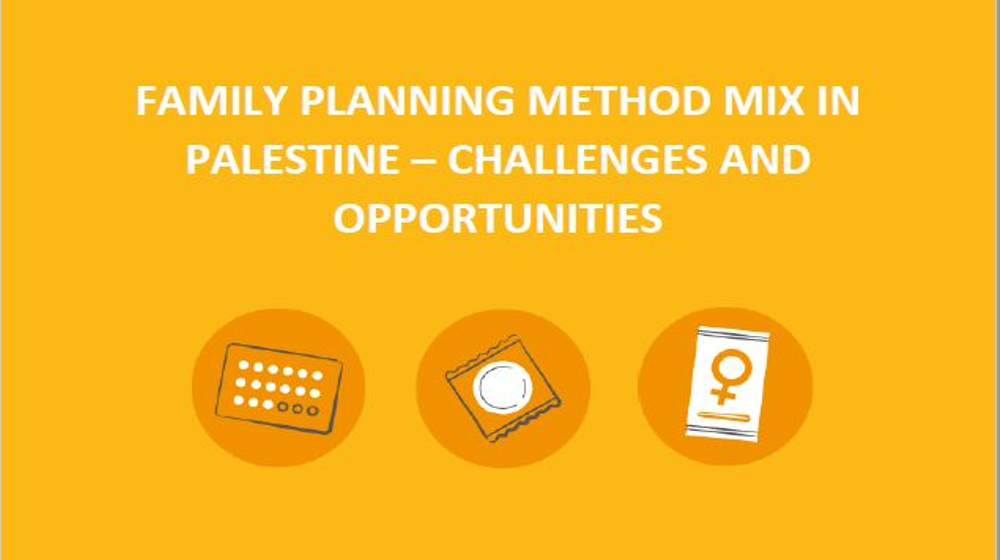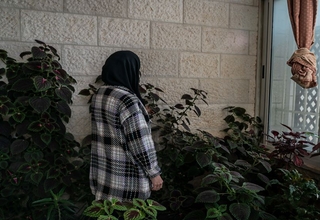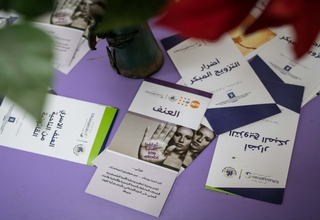20 October 2020, Birzeit & Jerusalem – The Institute of Community and Public Health at Birzeit University, Lancet Palestinian Health Alliance, UNFPA Palestine, and WHO in the occupied Palestinian territory today concluded a 5-day course on Research and Practice in Health and Human Rights.
Twenty-five participants from civil society organizations working on health and human rights, in addition to undergraduate and postgraduate students, attended the course, which examined the application and intersection of health and human rights in theory and practice. The course was strongly interactive, with practical sessions to build understandings and initiatives between sectors to strengthen activities to promote the right to health and a human rights-based approach to health in the occupied Palestinian territory.
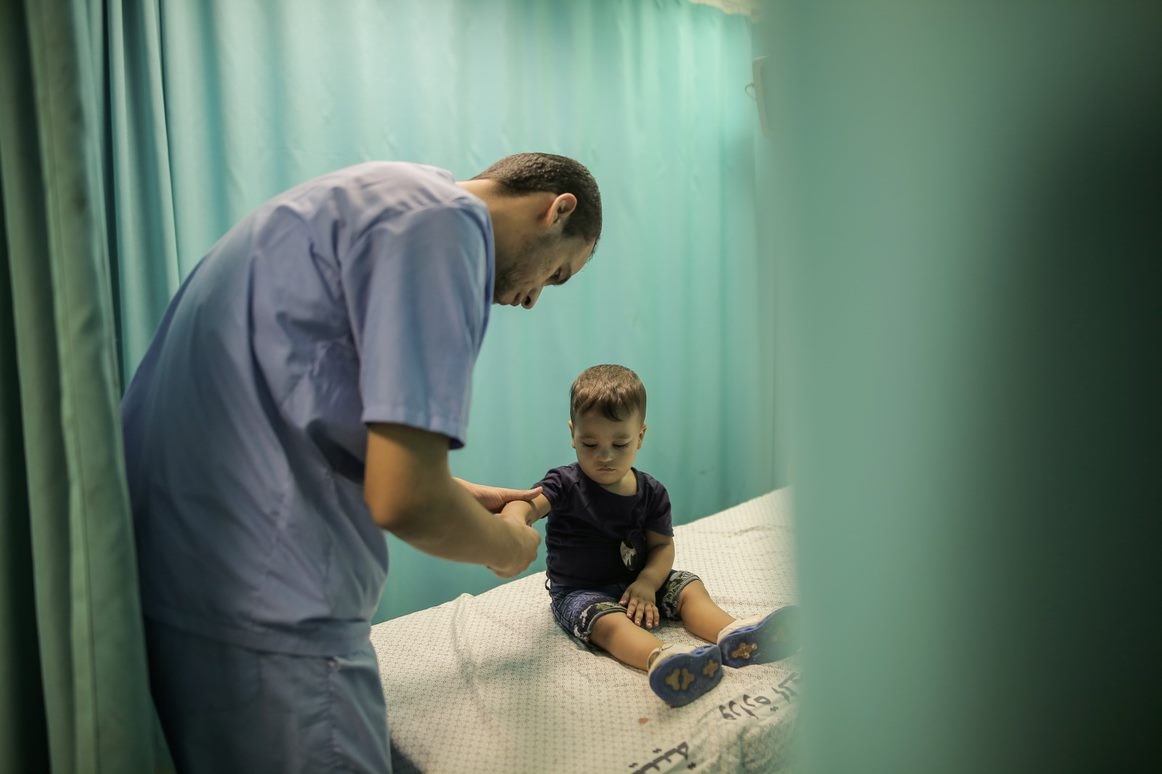
Photo courtesy: WHO
In her closing remarks, Professor Rita Giacaman from the Institute of Community and Public Health at Birzeit University and the Lancet Palestinian Health Alliance surmised, “This has been a great experience, telling us that despite this pandemic, we are still able to continue with our lives, learn new things, and cope with the situation. I’d say typically Palestinian, as many of us have been through curfews and exposure to violence previously. But as a people we have a special capacity to endure and resist.”
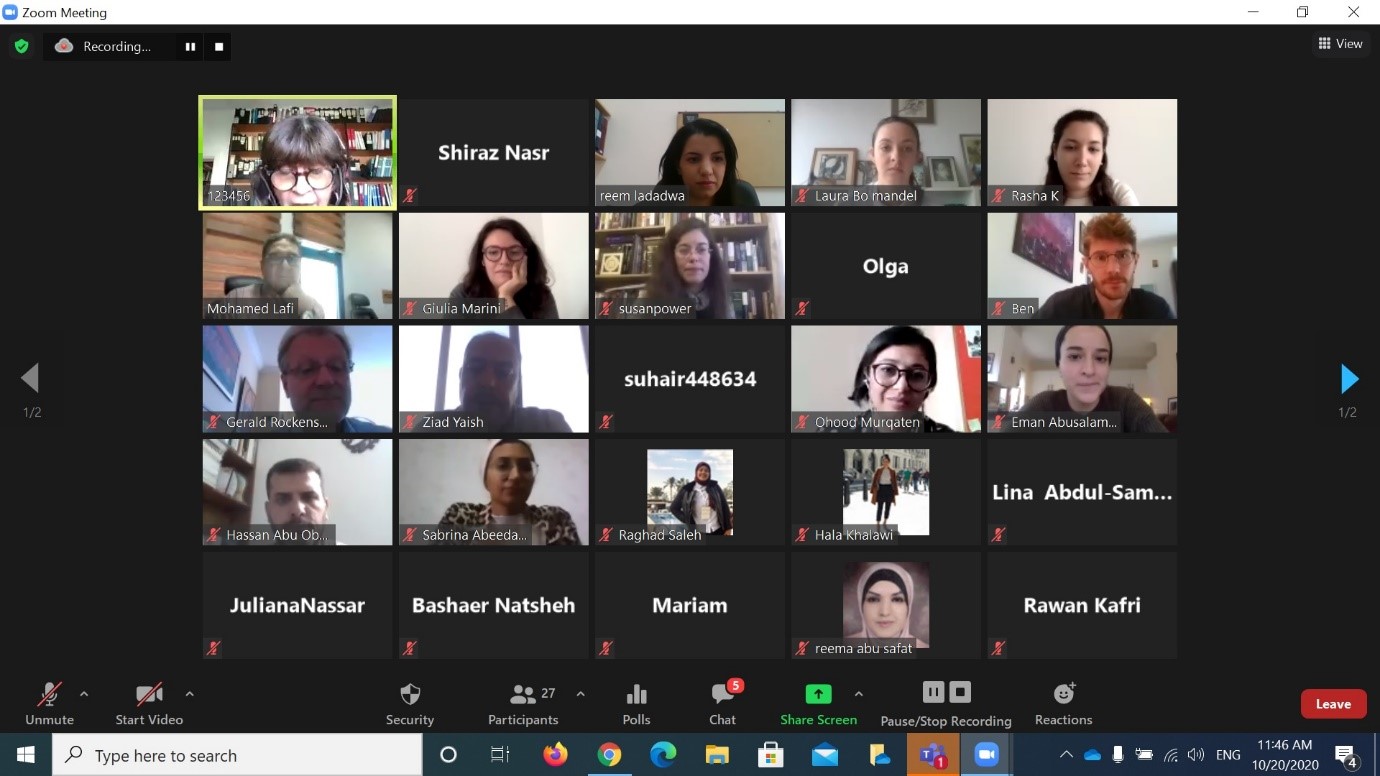
Mr. Ziad Yaish, Deputy Representative for UNFPA Palestine, emphasized “For women and girls, the right to health, and in particular the right to sexual and reproductive health, is a key aspect of being able to live a healthy and fulfilled life. This was confirmed at the International Conference on Population and Development ICPD in 1994, and it was reconfirmed again during last year’s Nairobi Summit, which marked 25 years of the ICPD. A hundred and seventy countries including the State of Palestine participated in this summit and made bold commitments to transform the world by ending all maternal deaths, unmet needs for family planning, and gender based violence and harmful practices against women and girls by 2030”.
Finally, Dr. Gerald Rockenschaub, Head of WHO office in the occupied Palestinian territory, concluded, “The right to health and barriers to accessing health services in the Palestinian context are a collective concern that require our consolidated efforts. At WHO, the right to health is enshrined in our constitution, which states that health is a fundamental and universal human right. We must maintain principled advocacy and strengthen this through shared knowledge, experiences and practices, to build our collective capacity to address challenges to realizing the right to health for all Palestinians.”
The course was supported by funds from the Swiss Development Cooperation and UNFPA.
